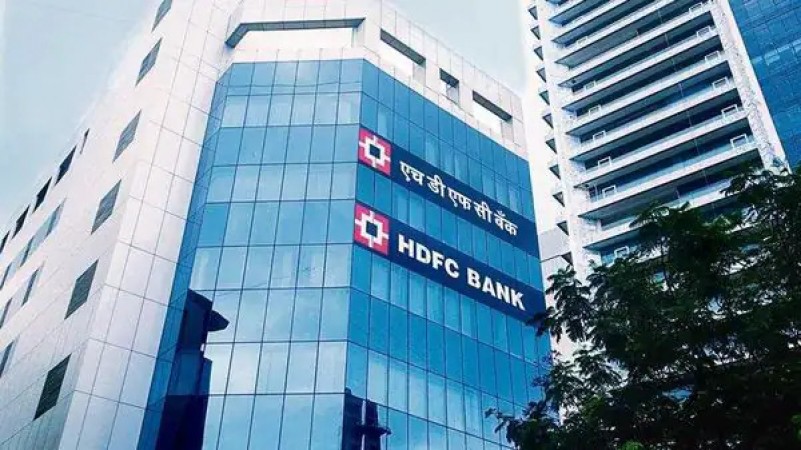
New Delhi: In a remarkable transaction that has caught the attention of the financial world, bankers involved in advising on the $64 billion HDFC Bank deal received a fee equivalent to a mere 0.0002% of the total deal value. The news has sparked discussions and debates about the compensation structure in high-value transactions and the role of investment bankers in such deals.
The HDFC Bank deal, which involved the acquisition of a prominent financial institution, required a team of skilled professionals to navigate the complex landscape of mergers and acquisitions. The total fee paid to the investment banking consortium for their advisory services amounted to $128 million, a small fraction of the deal value. This relatively low fee has raised eyebrows and led to questions about the value and remuneration of investment bankers in major transactions.
Also read:HMA Agro Industries IPO Sprouts with 7% Premium on NSE
Investment bankers play a crucial role in facilitating mergers and acquisitions, providing strategic advice, conducting due diligence, and negotiating deal terms. Their expertise and experience are highly sought after in navigating the complexities and risks associated with such transactions. However, the fee structure for investment bankers is typically based on a percentage of the deal value, with lower percentages applied to larger deals. In the case of the HDFC Bank deal, the fee percentage was exceptionally low, reflecting the massive scale of the transaction.
Some experts argue that the fee percentage for such high-value deals is often intentionally set low to secure the mandate and gain prominence in the market. They contend that investment bankers prioritize the prestige and visibility associated with advising on landmark deals, which can lead to future opportunities and potential for higher fees. However, critics argue that the fee structure needs to be re-evaluated to ensure a fair compensation for the services rendered, considering the complexity and effort required in executing such deals.
Also read:Apple to expand its trade-in tariff for everyone
The fee structure for investment bankers has been a subject of discussion and debate within the financial industry for years. While investment banking is known for its lucrative compensation packages, it is also acknowledged that fees earned from advisory services can vary significantly depending on the size and complexity of the deal. Additionally, the investment banking sector is highly competitive, and firms often accept lower fees to secure deals and maintain relationships with clients.
The HDFC Bank deal is not an isolated case where the fee percentage seems disproportionately low. In recent years, several high-profile transactions, including mega-mergers and acquisitions, have witnessed a similar trend. This raises concerns about the sustainability of the current fee structure and its impact on the investment banking industry.
In response to the fee structure debate, industry insiders argue that investment bankers derive value beyond the immediate financial compensation. They highlight the long-term benefits, such as enhanced reputation, strengthened client relationships, and potential future business opportunities. Investment bankers often view involvement in significant deals as a strategic investment in their careers, recognizing the potential for long-term rewards beyond the immediate fee earned.
Also read:Unexpected Surge in Unemployment in Germany Linked to Ukrainian Refugee Influx
The role of investment bankers extends beyond financial compensation. Their expertise and guidance can be instrumental in shaping the success of major transactions. While the fee percentage may seem small in comparison to the deal value, the value added by investment bankers should not be overlooked.
As the financial industry continues to evolve, it is likely that the fee structure for investment bankers will remain a topic of discussion. Balancing fair compensation with the complexities of high-value deals will be a challenge for both bankers and clients. Achieving a mutually beneficial arrangement that adequately recognizes the contributions of investment bankers while aligning with the realities of the market will be a crucial aspect of shaping the future of investment banking.